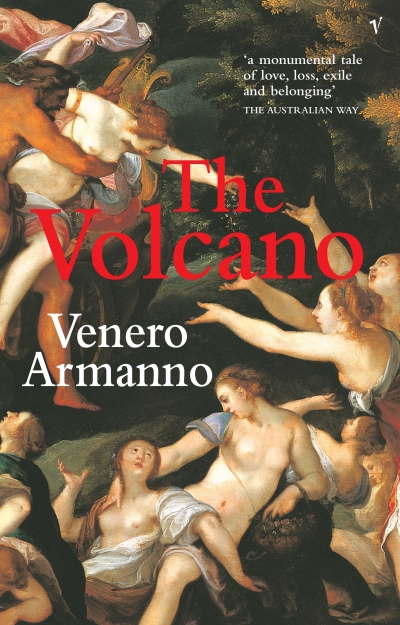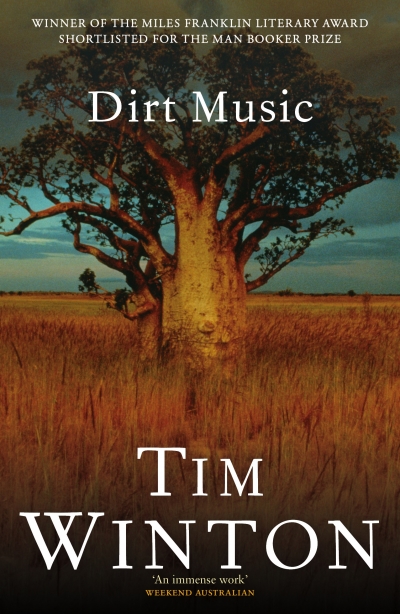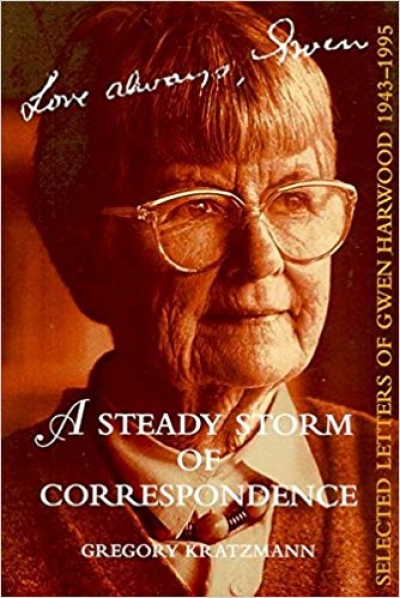Archive
These four titles are reissues of well-known texts, or of the work of well-known writers, from four different publishers. A good sign perhaps, very welcome at a time when publishing seems ever more ephemeral and when many works, even from the recent past, are unavailable.
... (read more)A Wealth of Women by Alison Alexander & Eating the Underworld by Doris Brett
What the Painter Saw in Our Faces by Peter Boyle & The June Fireworks by Adrian Caesar
A Steady Storm of Correspondence: Selected Letters of Gwen Harwood 1943–1995 edited by Gregory Kratzmann
Surgery, Sand and Saigon Tea by Marshall Barr & Behind Enemy Lines by Terry O'Farrell
‘It’s the essence of Bollockshire / you’re after: its secrets, blessings and bounties.’ So Christopher Reid reads from his hilarious poem at the King’s Lynn Poetry Festival.
park and pay ...
assuming this isn’t the week
of the Billycock Fair, or Boiled Egg Day,
when they elect the Town Fool.
From here, it’s a short step
to the Bailiwick Hall Museum and Arts Centre.
As you enter, ignore the display
of tankards and manacles, the pickled head
of England’s Wisest Woman;
ask, instead, for the Bloke Stone.
Surprisingly small, round and featureless,
pumice-gray,
there it sits, dimly lit,
behind toughened glass, in a room of its own.
... (read more)






